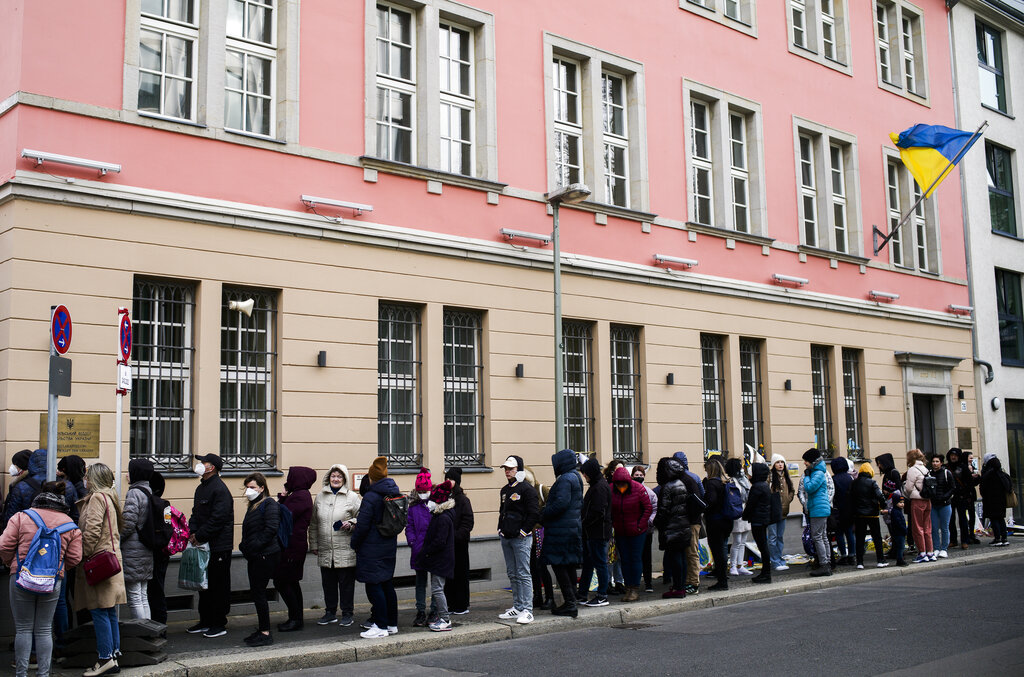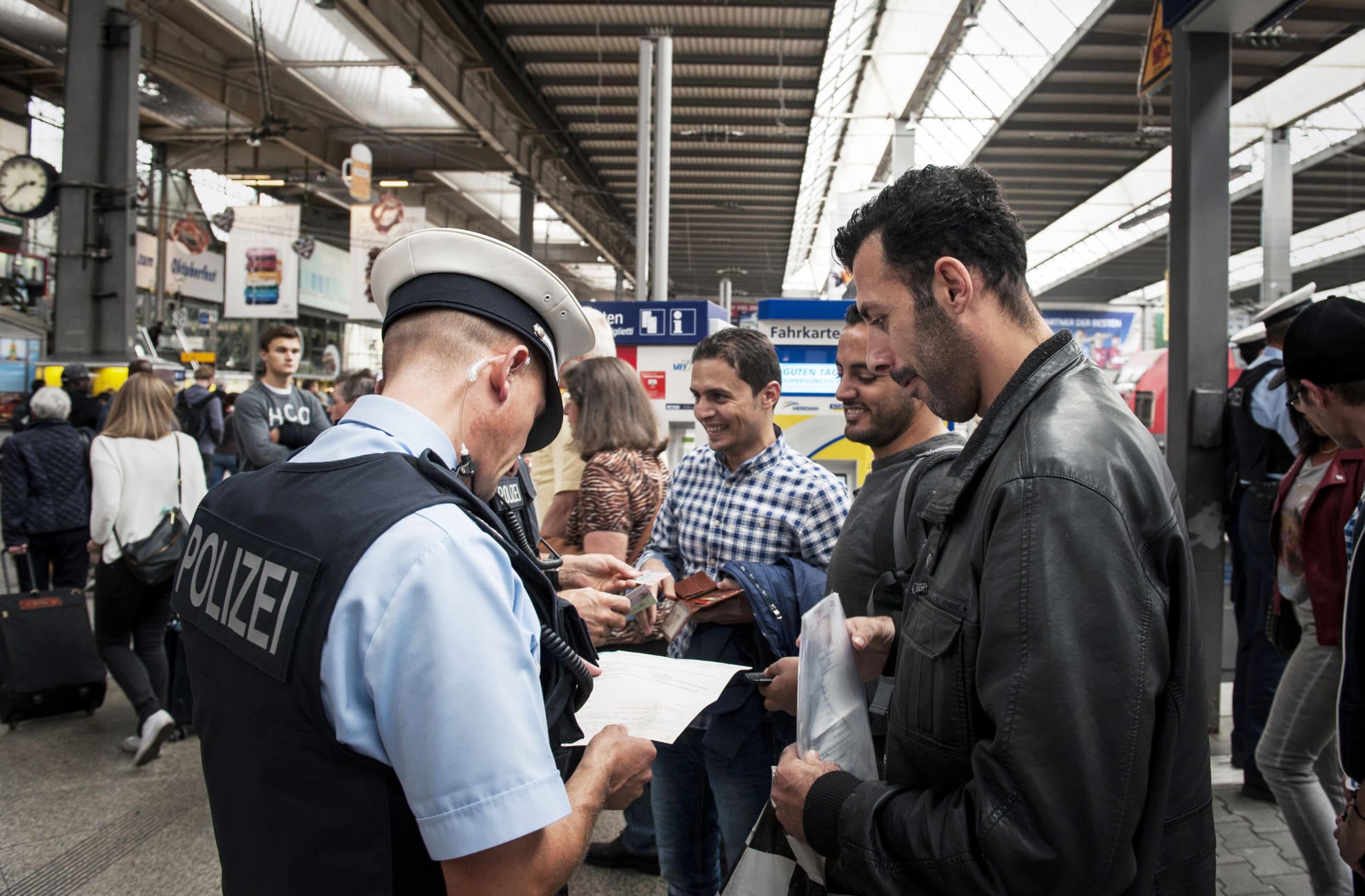Even while accusing “Russian propaganda” and “incitements from the right” for Germany’s souring mood on more migration, the Social Democrats are also acknowleding that the massive amount of migrants entering the country on the Balkan route is an “enormous challenge.”
Dirk Wiese, deputy chairman of the SPD in the Bundestag, said in an interview there are signs that Germans are growing weary of more immigration, as shown by the rise of Sahra Wagenknecht from the Left Party along with Christian Democratic Union (CDU) President Friedrich Merz’s “unspeakable” accusation against social tourism from Ukraine, all of which “are ingredients for a more tense mood among the population.”

Wiese said that unlike the 2015 and 2016 migrant crisis, this time Germany is prepared. However, Wiese’s claim is in sharp contradiction to how German states and municipalities are reacting to the current crisis, which has seen over a million asylum seekers and illegal migrants arrive this year. Not only have 12 out of 16 German states indicated that they refuse to take in any more migrants due to overcrowding in schools and housing, but the chief executive of the German Association of Towns and Municipalities, Gerd Landsberg, warned that “hotel rooms are already being rented and collective accommodation, for example in gymnasiums, is being prepared.”
[pp id=8001]
Even Berlin, known for its welcoming stance to migrants, is raising the alarm bell as accommodations begin to overflow. Berlin Mayor Franziska Giffey (SPD) said her city’s resources have been exhausted due to its efforts in dealing with asylum seekers.
“We city-states in particular, and Berlin in particular as the main point of attraction (have) almost exhausted their capacities by now,” she told Bild am Sonntag. Since the start of the Ukrainian war, she said, Berlin has taken in 340,000 people with Ukrainian passports, with around 100,000 currently staying in the city.
However, more refugees and illegal migrants may be on the way. Countries like Hungary and Austria have been pleading for more EU border security, as each country has seen huge influxes of African and Middle Eastern migrants this year, including over 200,000 apprehended on Hungarian soil.
[pp id=32653]
Those numbers do not even include Ukrainian refugees, who are legally entitled to flee to Hungary and other neighboring countries. However, many of these choose to continue on to wealthier countries like Germany.
Ukrainian Prime Minister Denys Shmyhal said that the destruction of Ukrainian infrastructure will push more Ukrainians out of the country.
“If there is no more electricity, heating, water in Ukraine, it can trigger a new migration tsunami.” Shmyhal asked for “mobile equipment to generate electricity and heat.” He indicated that his country would have to rely on “electricity imports” from the West in the winter.
[pp id=48581]
According to data released last month from the German Federal Statistics Office, the country’s population exceeded 84 million for the first time at the end of June due to the influx of Ukrainian refugees. This data showed that in the first half of the year, Germany saw a net influx of 750,000 Ukrainian refugees.
However, even before the war in Ukraine, the current left-wing German government was pushing for up to 500,000 more migrants each year, arguing that the country needed to boost its workforce despite Germany having hundreds of thousands of migrants who were already unemployed, costing the state €6 billion per year.





